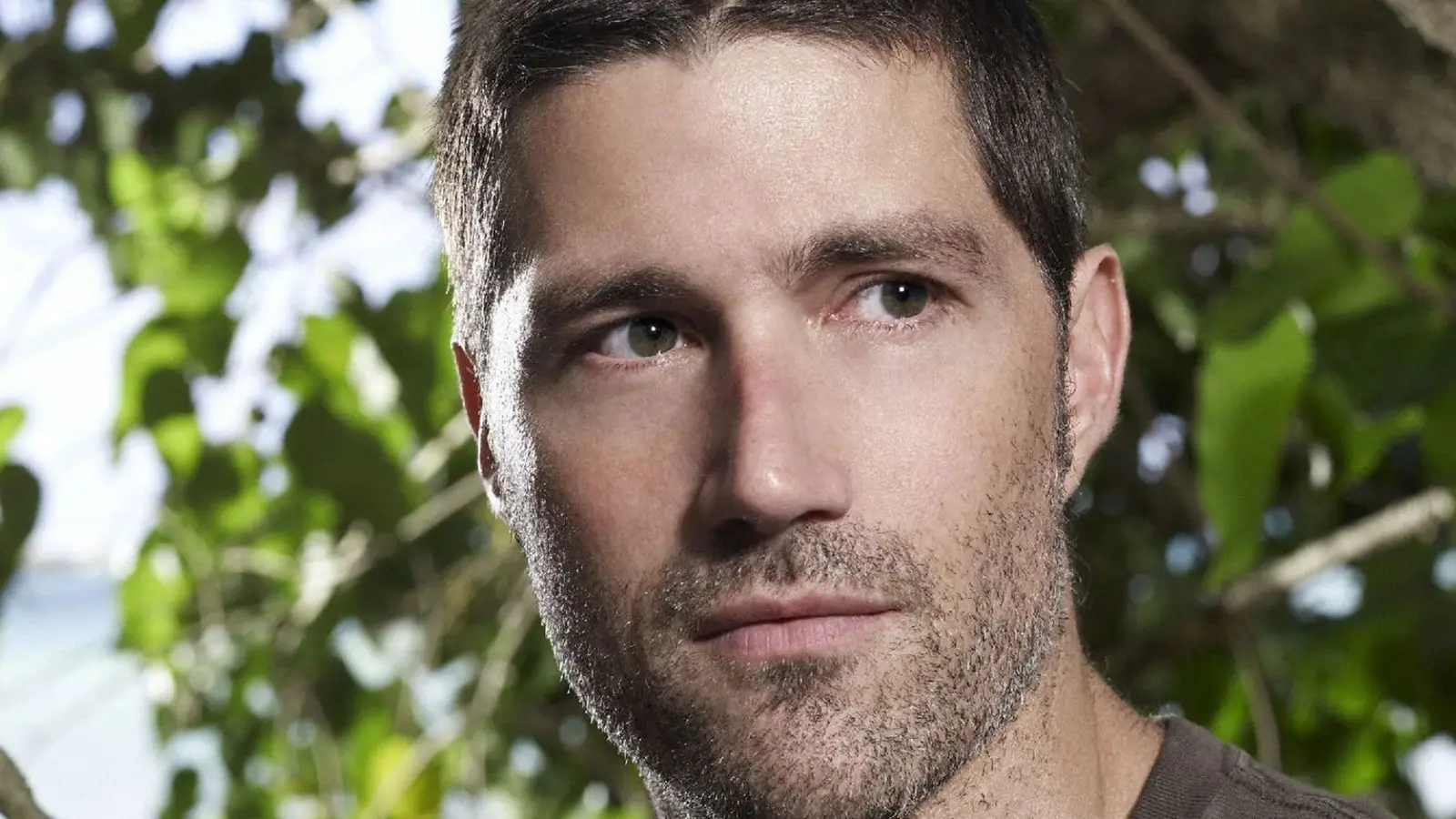
Westworld was never supposed to feel incomplete. Its arrival in 2016 looked like a definitive answer to numerous TV shows that were supposed to “be the next Lost.” HBO was confident, too, unveiling it as its Game of Thrones replacement just three years before the fantasy behemoth would end.
At first, Westworld was an intriguing, sprawling mystery box stacked with an all-star cast and production muscle strong enough to render philosophy and science fiction on a major blockbuster scale. The promise was that the riddles would be worth solving.
Well, that promise still lingers in the show’s 80% Rotten Tomatoes average, a number that suggests consistent quality that never quite tipped into greatness. The truth is Westworld had all the ingredients to become television’s next cultural monolith, but instead, its trajectory dwindled toward diminishing returns, until HBO abruptly pulled the plug.
Westworld Had All The Right Ingredients To Become The Next Lost
At the time, HBO changed fantasy television forever, but it desperately needed a successor to Lost’s cultural footprint—every studio wanted that—and Jonathan Nolan and Lisa Joy seemed ready to deliver. It helped that J.J. Abrams’ producer credit linked it even more explicitly to the mystery box lineage, inviting viewers to once again travel down the puzzle-decoding rabbit hole. By design, the show encouraged obsession.
And the network’s gamble worked! The first season in total drew an average of 12 million weekly viewers across platforms, making it the most-watched debut season in HBO’s history at the time. Critical acclaim followed, along with a wave of Emmy awards attention that validated the show’s creative pedigree. Westworld looked positioned as a ratings and critical success.
Beyond the numbers, though, the series designed the cultural infrastructure in its favor. HBO and the creators leaned into fan theorizing with alternate reality games and interactive websites, and forums like Reddit ate it up, treating each episode like a code-breaking exercise, replicating the speculative ecosystem that once kept Lost alive week to week. So what went wrong?
Westworld Season 1 Was A Masterclass In Mystery Box Storytelling
There was so much to admire at first. Westworld season 1 crystallized everything that Lost fans hungered for. Its twin timelines challenged viewers while still grounding the narrative in Dolores’ awakening and Maeve’s self-authorship. The puzzle mechanics were intricate, but rarely at the expense of overriding the character journeys.
Dolores’ gradual realization that her memories were more than loops reframed the show as a story of consciousness; Maeve’s decision to alter her own code gave her arc a deeply human urgency. And Bernard’s late-season reveal as a host, a man unknowingly authored into existence, became one of the show’s most devastating twists and was exactly the mystery box unwrapping we wanted.
The season still holds an 87% Rotten Tomatoes score and is widely cited as one of the best examples of how to structure mystery television. The series’ world-building—hosts, loops, and narratives folding back on themselves—made the show legible even when its deeper riddles eluded casual viewers. That structural elegance remains Westworld’s creative high point.
Where Things Went Wrong For Westworld
By Westworld’s second season, the puzzle pieces started losing shape. The showrunners themselves acknowledged the pressure of spoiler culture, even teasing a fake video meant to reveal the entire plot in advance. It was playful, sure, but also revealed an anxiety that the meta-game was overtaking the text. Like most mystery shows that can’t sustain themselves, doubts began creeping in.
By the third season premiere, those doubts became self-fulfilled, losing more than half of its live viewers compared to season two, and while delayed and streaming numbers softened the blow, the trend was clear. Viewership slid from 12 million at launch to roughly 10 million by the second season, and even further by the time season four aired.
But aside from numbers, the story strayed too far from its initial promise of a park gone awry. Leaving the park erased the clearest metaphor—the loop—and replaced it with a sprawling future-world allegory. The shift diluted the show’s accessibility, mostly because season 1’s initial intense focus on character was lost to worldbuilding.
It’s no easy challenge to balance compelling characters and mysteries, but I’d argue these types of mysteries are nothing without strong characterization. If character building is served as a delicious ice cream sundae, then the mysteries must be the topping—the sprinkles are the eye-grabber, but the richness derives from the core taste.
Westworld Never Had An Ending – And Now Its Legacy Is Tarnished
And then, in November 2022, HBO cut Westworld short after its fourth season, despite Nolan and Joy’s insistence that a fifth and final installment would return the narrative to its origins. For a show defined by its riddles, that absence of payoff stung the most, and the aftermath only deepened the wound.
Warner Bros. Discovery removed all four seasons from HBO Max within weeks of cancellation, licensing them to free streaming platforms like Tubi; but even then, it’s programmed on a live programming schedule. If you want to watch Westworld today, look toward purchasing it on PVOD or on physical Blu-ray.